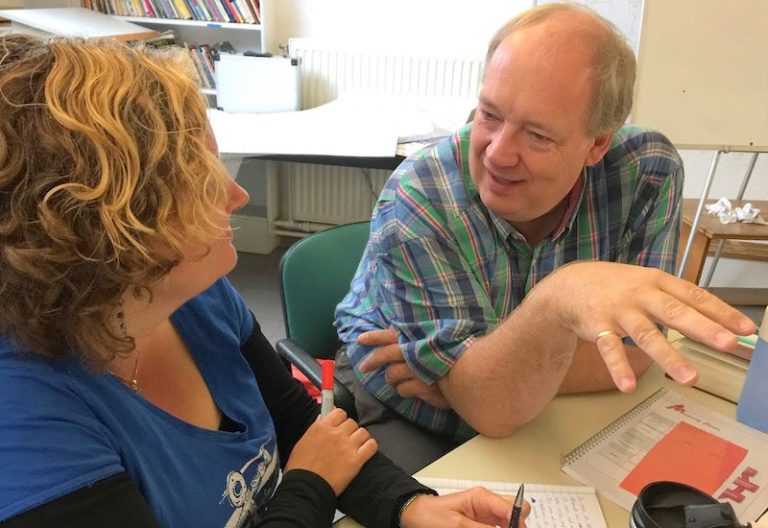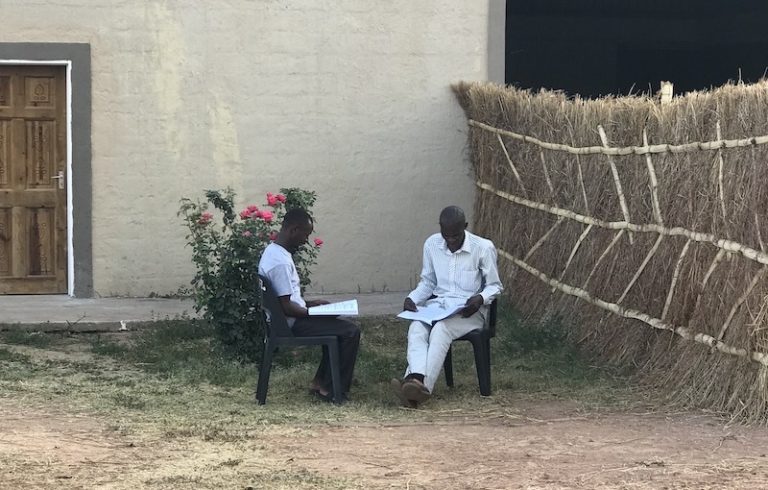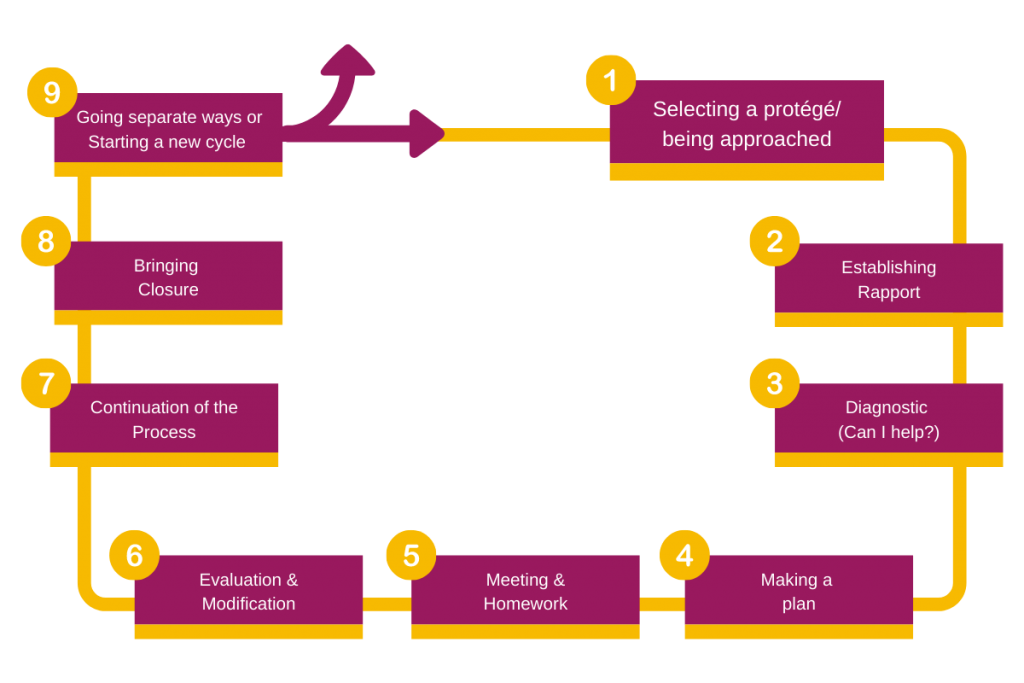About the CME Course




Course Outcomes & Purposes
The course is for anyone who is serious about using one-on-one (or group) learning conversations to help others develop in their lives and / or ministries. Participants will learn / practice an intentional process, further develop core skills and will engage with practical tools for coach-mentoring. Another key element of the course is to bring awareness and deepening of his / her understanding of temperament, story, culture, life stage and learning style, as well as applying that understanding to tailor coach-mentoring for each unique protégé.
At the end of the course you will have:
- A working understanding of the coach-mentoring continuum.
- Developed the basic competencies for coach-mentoring.
- Identified other specific competencies that need further development
- Begun intentionally developing a personal plan of action to fulfil a coach-mentoring role for leadership / people development
- Access to a comprehensive toolkit and the ability to apply the tools in current and future coach-mentoring relationships.
The Four Quadrants of Coach-Mentoring
The course focuses on four quadrants that revolve around awareness of self and others. These four quadrants lay at the heart of all coach-mentoring. Therefore, it is critical for Coach-Mentors to develop greater awareness of themselves and their protégés. This enables them to aid their protégés to also grow in awareness of self and others as they journey with them through the process applying skills, tools and understanding.
Self Awareness
Self-awareness refers to understanding your strengths, limitations, preferences, values and equally your needs, desires, failings, habits, and everything else that makes you the person that you are today.
Being self-aware will induce greater confidence and success in your coach-mentoring relationships.
The Four Quadrants Described
What does a coach-mentoring process look like? What steps need to be in place? How to start, evaluate and bring closure?
What makes a good Coach-Mentor? What skills are required and how are these developed? Several sessions are dedicated to introducing and practicing those skills.
Diagnostic tools — tools helping to develop dreams and vision, and to determine obstacles and steps — are just a few of the many being introduced. To familiarise you with these tools, many of them will be used during the course.
There is a broad knowledge base that needs to be understood and applied to ensure unlocking the power of coach-mentoring. Being able to articulate and communicate their understanding of coach- mentoring and understand the richness of human diversity will equip Coach-Mentors to meaningfully support a wide range of people.
The Coach-Mentoring Process

The Coach-Mentoring Continuum
A Coach-Mentor is comfortable and confident, able to move along the coach-mentoring continuum and adjust his / her approach to best serve the protégé.
Pure Coaching
- Facilitates discovery
- Does not need experience in the area of development
Pure Mentoring
- Pass on wisdom
- May have experience in the area of development

Shared Essential Foundation: Following a clear process, Awareness of Self and Others, Building Relational Trust, Applying such skills as Art of Listening and Asking Powerful Questions.
Pure coaches focus on facilitating a process of self-discovery by drawing out protégés’ own solutions to pursuing their own growth and development. The focus is on “drawing out”. Coach- Mentors do not need expertise in the subject matter of their protégés but bring expertise in guiding the process.
Pure mentors draw on their own life experiences and wisdom to share, guide and direct those they are supporting in their growth and development. Mentors often bring specific experiences to the topics being addressed. The focus is on “pouring in”.
Coach-mentoring principles can be recognised in roles such as teacher, counsellor, sponsor, disciple, and spiritual director.
Key focus areas:
- Problems: Timely advice and correct perspectives on viewing self, others, circumstances, and ministry.
- Principles: Knowledge and understanding of a particular subject.
- Possibilities: Career guidance and protection as a leader moves within an organisation.
- Commitment: Enablement in basics of following Christ.
- Calling: Accountability, direction and insight for questions, commitments and decisions affecting spirituality and maturity.
- Competency: Motivation, skills and application needed to meet a task or challenge.
